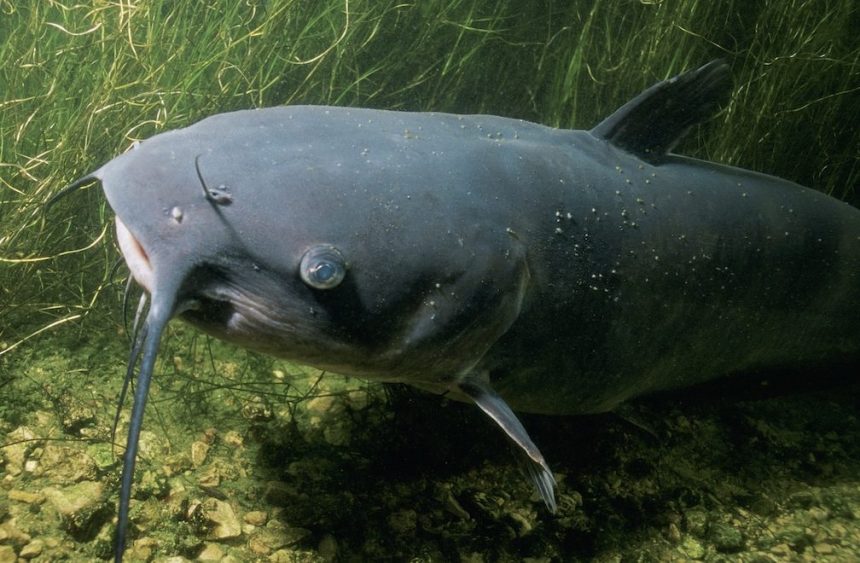Mississippi State University (MSU) has been awarded a $645,390 Seeding Solutions grant from the Foundation for Food & Agriculture Research (FFAR) to develop vaccines against E. piscicida bacterium, an emerging pathogen that is causing infections in catfish and other farm-raised fish.
The researchers are focusing on vaccines for two economically important cultured fish: hybrid catfish and rainbow trout. MSU, along with the partnering University of California, Davis (UC Davis), were provided matching funds for a total $1,305,838 investment.

According to FFAR, the increase in E. piscicida infections is leading to increases in antibiotic use nearing international, federal, and state regulations and severe economic losses in aquaculture.
As a result, the research aims to develop a vaccine to mitigate E. piscicida in farmed-fish, thereby reducing the number of infected fish and the need for antibiotics.
“With no viable alternatives for safeguarding their fish from E. piscicida, aquaculturists have seen major losses due to this pathogen in recent years,” said Dr. Saharah Moon Chapotin, FFAR executive director. “FFAR is proud to support this research that is developing effective vaccines to protect fish and enhance farmer profitability.”
Three different approaches to vaccine development will be investigated at MSU and UC Davis, including live-attenuated vaccines, whole killed vaccines, and recombinant protein vaccines.
The research team will also evaluate multiple routes of administration: injection, immersion and oral. MSU will be conducting research on catfish, while UC Davis evaluates the strategies in rainbow trout.







